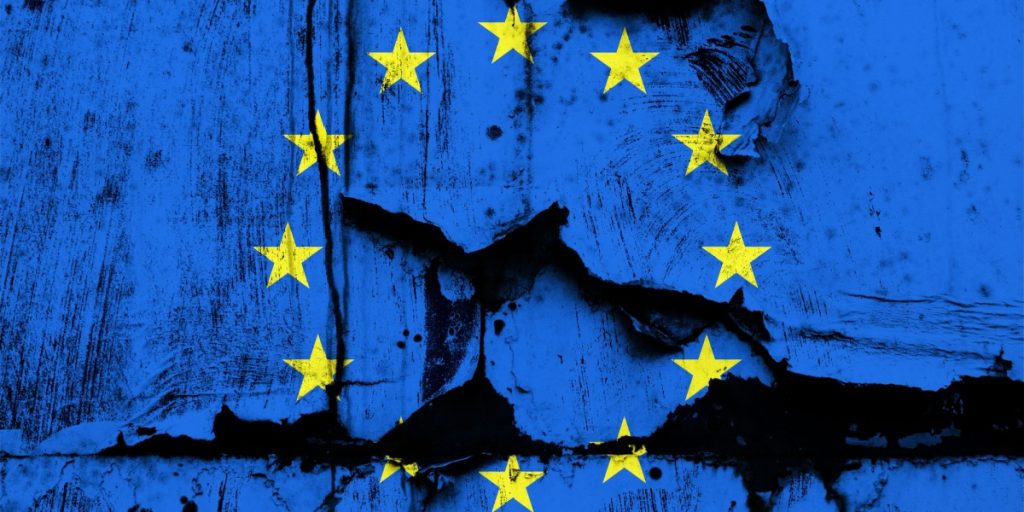Brussels is hitting back at Russia and Belarus with steep tariffs on fertilizers and farm goods, aiming to weaken a key revenue stream fueling Moscow’s war in Ukraine.
Others are reading now
In a bold escalation of its economic stance toward Russia, the European Parliament has voted to impose significant new tariffs on fertilizers and agricultural imports from Russia and Belarus.
The decision is part of a broader strategy to weaken the financial base supporting Moscow’s war efforts in Ukraine, while also reducing the European Union’s dependency on hostile suppliers.
The newly adopted regulation imposes an initial 6.5% customs duty on key fertilizers, supplemented by surcharges starting at €40–€45 per tonne from 2025, and rising to €430 per tonne by 2028.
Among the affected goods are nitrogen-based fertilizers, sugar, vinegar, and animal feed—products that have seen a sharp rise in import volumes over the past two years.
Also read
Hitting Moscow’s War Economy
According to Digi24, lawmakers argue that revenue from these exports directly supports Russia’s military operations. By closing this loophole, the EU aims to prevent its own markets from indirectly financing the Kremlin.
Latvian MEP Inese Vaidere, lead rapporteur for the legislation said:
It’s unacceptable that more than three years into Russia’s full-scale war, the EU still imports critical goods in large quantities—imports that have even increased.
The proposal also seeks to revive domestic fertilizer production, which has been undercut by low-cost Russian competition. It grants farmers a phase-in period to adapt and provides mechanisms for the European Commission to monitor price shifts or market disruptions.
Balancing Sanctions With Food Security
While the economic and geopolitical goals are clear, the legislation has sparked concerns about unintended consequences for EU farmers and consumers. Lawmakers acknowledged the risks but insist they are manageable—and necessary.
Vaidere added:
The proposal contains provisions allowing the Commission to intervene if fertilizer prices rise too sharply.
The regulation now awaits formal approval by the European Council. If adopted, it would mark one of the EU’s most direct efforts yet to align food security policy with its broader sanctions regime. As the war drags on, Brussels is showing greater willingness to weaponize trade—even when it hits closer to home.


